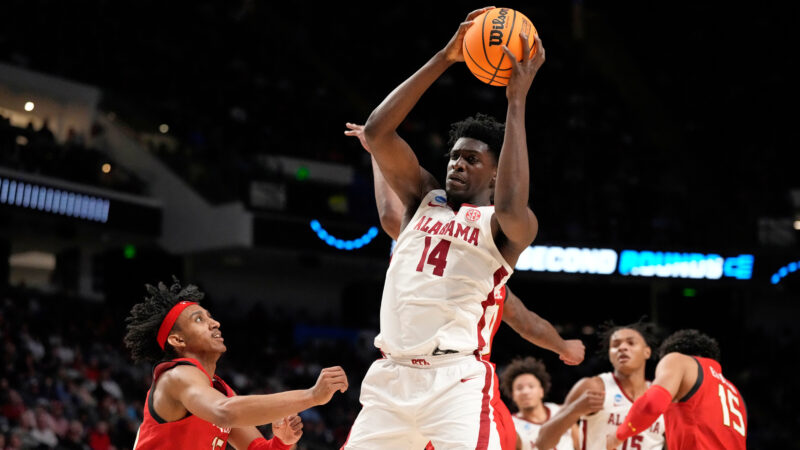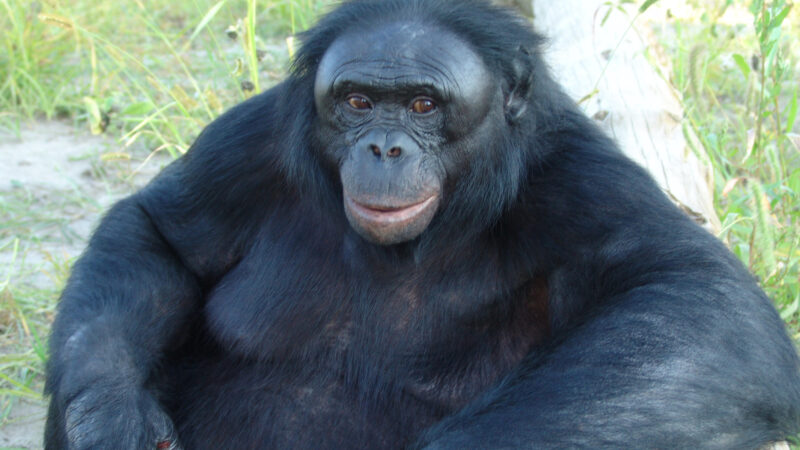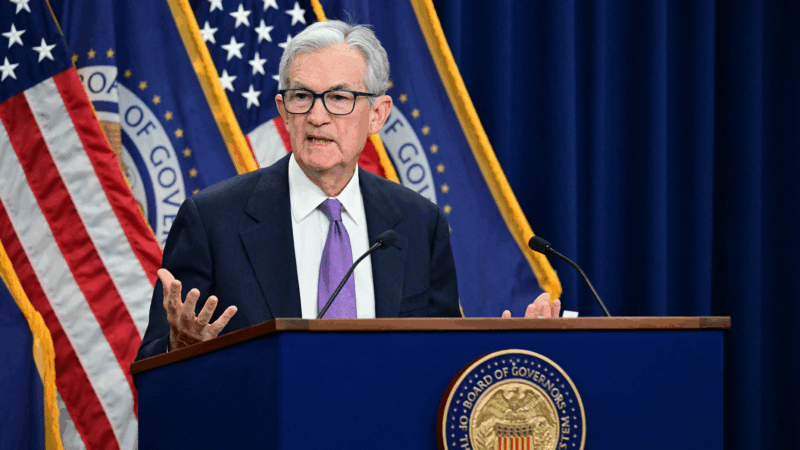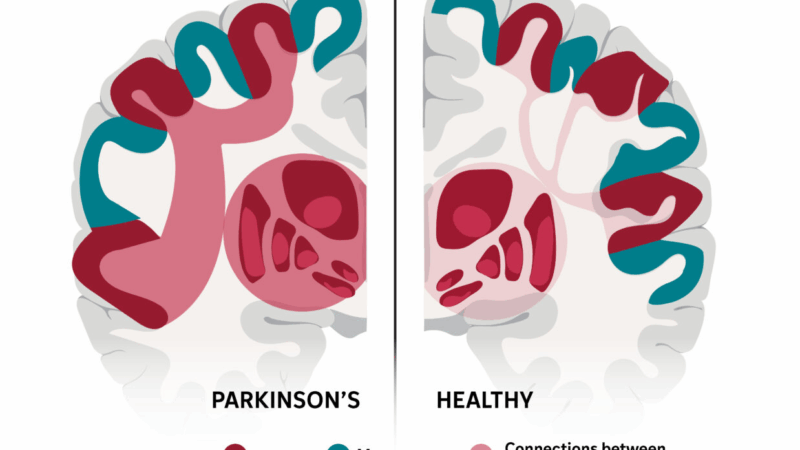Opinion: A royal seal of approval
People celebrating this holiday weekend may have different ideas about what sparked the American Revolution: a yearning for liberty; a revulsion at taxation without representation; or a desire to have a national sport where players can touch the ball with their hands.
And of course, disdain for King George III. “He has plundered our seas,” America’s Founders wrote in the Declaration of Independence, “ravaged our Coasts, burnt our towns, and destroyed the lives of our people.”
Today’s British monarchy might not be powerful enough to fix a traffic ticket for a prince. But the royal family can still be potent influencers, as we use the term today.
This week it was announced that starting next year, the Prince and Princess of Wales will begin to grant the Royal Warrants that confer the crown’s seal of approval on certain goods and services.
King Charles and Queen Camilla have granted more than 400 such warrants, and it’s interesting to sift through the list of what met royal muster.
The list includes familiar British names, like Bentley and Jaguar motorcars, Burberry outfitters, Smythson Stationers, Turnbull and Asser Shirtmakers, and Twining’s Tea and Coffee.
But there’s also the ribbon and tassel manufacturer Cole Fabrics — the royal family must go through a lot of tassels — the artisanal Besom Broom and Pea Stick maker A. Nash, Change Waste Recycling Management Services, and Milborrow Chimney Sweeps. Buckingham Palace alone has hundreds of chimneys. Chim-Chim-Cheree!
“In luxury brand marketing,” Professor Qing Wang of the University of Warwick in Coventry, England, told us, “the image of the British royal family coats of arms is a strong cue for quality, a touch of class that makes it popular, even especially among American consumers.”
And so it may not surprise that this week the JL Partners polling firm released a survey of 1,000 U.S. voters in which 19% said they favor replacing the sitting U.S. President with the British monarch. More than one in three of 19 to 29-year-olds surveyed said they would favor a restoration of royalty.
Not an American monarch, like, say, King LeBron James of the court of basketball, or Madonna, the Queen of Pop, but the actual British King. It’s not as if we weren’t warned.
Transcript:
SCOTT SIMON, HOST:
Celebrating this holiday weekend may have different ideas about what sparked the American Revolution – a yearning for liberty, a revulsion at taxation without representation or a desire to have a national sport where players can touch the ball with their hands. And of course, disdain for King George III. He has plundered our seas – America’s founders wrote in the Declaration of Independence – ravaged our coasts, burnt our towns and destroyed the lives of our people. Today’s British monarchy might not be powerful enough to fix a traffic ticket for a prince, but the royal family can still be potent influencers, as we use the term today.
This week, it was announced that starting next year, the Prince and Princess of Wales will begin to grant the royal warrants that confer the crown seal of approval on certain goods and services. King Charles and Queen Camilla have granted more than 400 such warrants, and it’s interesting to sift through the list of what met royal muster. The list includes familiar British names like Bentley and Jaguar motor cars, Burberry outfitters, Smythson Stationers, Turnbull & Asser shirtmakers and Twinings tea and coffee. But there’s also the ribbon and tassel manufacturer, Cole Fabrics – the royal family must go through a lot of tassels – the artisanal besom broom and pea stick maker, A.Nash, Change Waste Recycling Management Services and Milborrow Chimney Sweeps. Buckingham Palace alone has hundreds of chimneys – “Chim Chim Cher-ee.”
In luxury brand marketing, Professor Qing Wang at the University of Warwick in Coventry, England told us, the image of the British royal family coats of arms is a strong cue for quality, a touch of class that makes it popular, even especially among American consumers. So it may not surprise that this week the J.L. Partners polling firm released a survey of a thousand U.S. voters in which 19% said they favor replacing the sitting U.S. president with the British monarch. More than 1 in 3 of 19- to 29-year-olds surveyed said they would favor a restoration of royalty. Not an American monarch, like, say, King LeBron James of the court of basketball or Madonna, the queen of pop, but the actual British king. Not as if we weren’t warned.
(SOUNDBITE OF SONG, “WHAT COMES NEXT?”)
JONATHAN GROFF: (Singing) What comes next? You’ve been freed. Do you know how hard it is to lead? You’re on your own. Awesome. Wow. Do you have a clue what happens now? Oceans rise. Empires fall. It’s much harder when it’s all your call, all alone.
Judge rules 7-foot center Charles Bediako is no longer eligible to play for Alabama
Bediako was playing under a temporary restraining order that allowed the former NBA G League player to join Alabama in the middle of the season despite questions regarding his collegiate eligibility.
American Ben Ogden wins silver, breaking 50 year medal drought for U.S. men’s cross-country skiing
Ben Ogden of Vermont skied powerfully, finishing just behind Johannes Hoesflot Klaebo of Norway. It was the first Olympic medal for a U.S. men's cross-country skier since 1976.
An ape, a tea party — and the ability to imagine
The ability to imagine — to play pretend — has long been thought to be unique to humans. A new study suggests one of our closest living relatives can do it too.
How much power does the Fed chair really have?
On paper, the Fed chair is just one vote among many. In practice, the job carries far more influence. We analyze what gives the Fed chair power.
This complex brain network may explain many of Parkinson’s stranger symptoms
Parkinson's disease appears to disrupt a brain network involved in everything from movement to memory.
‘Please inform your friends’: The quest to make weather warnings universal
People in poor countries often get little or no warning about floods, storms and other deadly weather. Local efforts are changing that, and saving lives.








